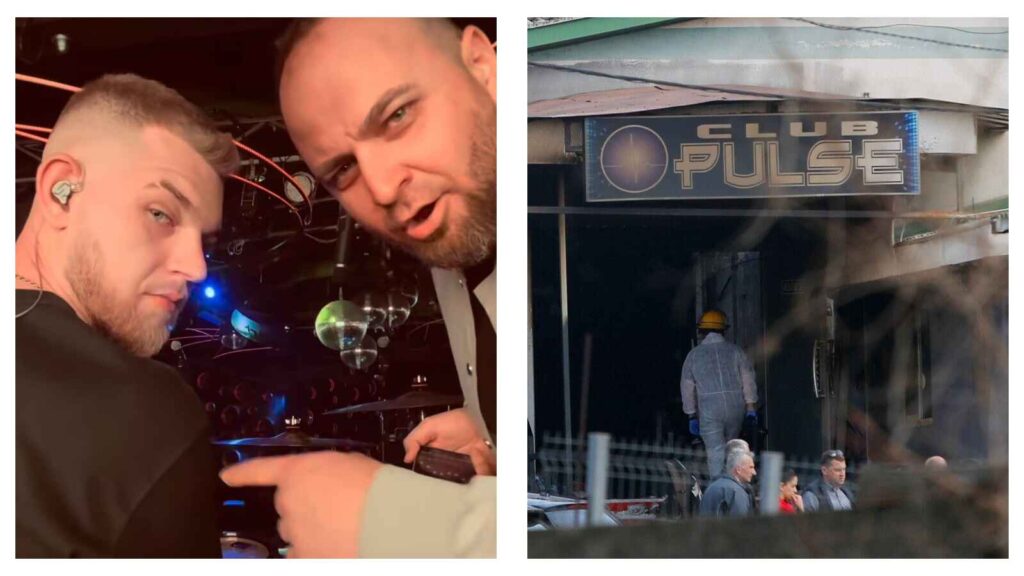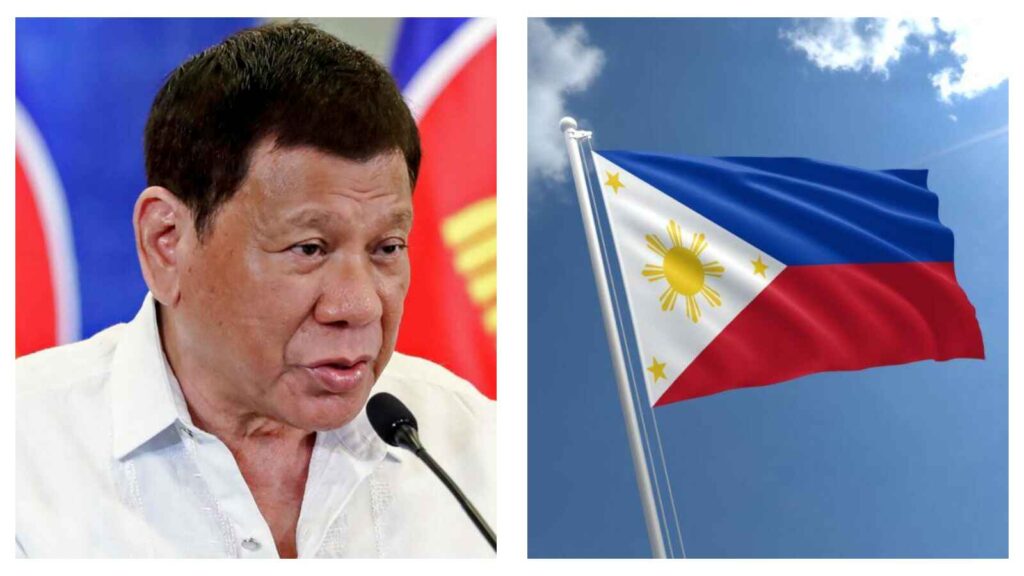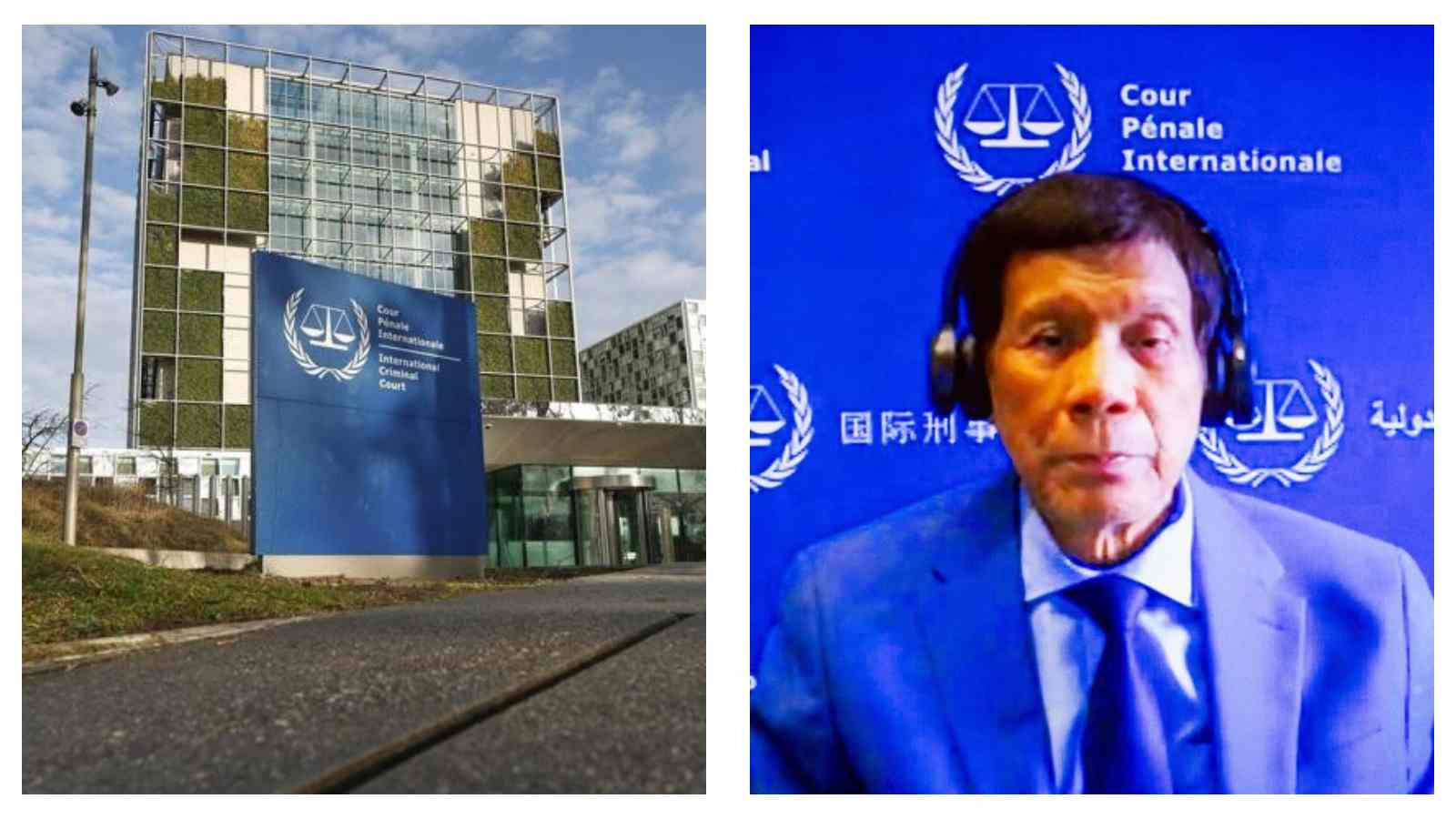By Rosemarie Zamora
The Philippines’ firebrand former president, Rodrigo Roa Duterte, was arrested last week under an International Criminal Court (ICC) warrant.
He was taken in on charges of crimes against humanity over his campaign against illegal drugs during his tenure as mayor of Davao City and during his presidency from 2016 to 2022.
But will this end with Duterte’s arrest?
ICC tags Duterte’s co-perpetrators
In an ICC document dated March 13, the Court tagged nine individuals as “co-perpetrators” of Duterte in his bloody drug war.
As shown in the application for a warrant of arrest posted on the ICC’s website, the Court redacted the names of the former leader’s “co-perpetrators” to ensure their safety.
Part of the document stated that Duterte’s co-perpetrators include “other members of the Philippine National Police (PNP) and high-ranking government officials.”
According to former presidential spokesperson Atty. Harry Roque, Senator Ronald ‘Bato’ Dela Rosa might be one of the nine “co-perpetrators”.
Dela Rosa was Duterte’s former PNP chief who led his drug war and implemented the “Oplan Tokhang.”
Roque also hinted that four other PNP chiefs might be included as “co-accused” in the case.
As of writing, Dela Rosa has yet to receive any warrant of arrest from the ICC.
What is included in the application for a warrant?
The ICC identified the types of evidence that may be used to prove Duterte’s guilt beyond a reasonable doubt.
These include witness statements and interview transcripts, prosecution witnesses, public speeches and statements made by Duterte and other members of his administration, his ordinances and memoranda, PNP documents, and the drug watch list.
The ICC also relies on Duterte’s public admissions that he killed 1,700 people when he was mayor of Davao City, his claim of being involved with the Davao Death Squad and allegedly funding the group, as well as his admission that his only sin was conducting “extrajudicial killings.”
ALSO ON NJN: Fire in North Macedonian nightclub kills 59, over 150 injured

How strong is Duterte’s case?
With the evidence on hand, Attorney Joey Butuyan, one of the five Filipino accredited lawyers with the ICC and president of CenterLaw, believes that the ICC’s case against Duterte is strong, especially because he himself provided the “overwhelming evidence” that could prove his guilt.
“The biggest, the strongest, the most important witness of the prosecution is the accused, Mr Duterte himself,” Butuyan said.
“The application for warrant made by the ICC prosecutor shows that the evidence gathered and relied upon by the prosecutor is replete with many videos of the many declarations of Mr Duterte where he encouraged police officers to kill drug suspects, he promised rewards and promotions, he encouraged even parents to kill their own kids, and for the public to kill drug suspects,” he added.
YOU MAY ALSO LIKE: ICC vs President Duterte: What happened and what’s next?

Duterte in The Hague
Following Duterte’s arrest on Tuesday, March 11 upon his return to Manila from Hong Kong, the 79-year-old former Philippine president was immediately flown to The Hague, Netherlands, the headquarters of ICC, where he will face trial.
Duterte made his first appearance before the ICC via video link on Friday, March 14, from the ICC Detention Center, where he was asked to verify his name, informed him of his charges, and enumerated his rights.
The hearing was held in the presence of the ICC Prosecutor and the Defense.
Duterte was represented during the hearing by his defence attorney, Salvador Medialdea, and assisted by the Office of Public Counsel for the Defense.
The Court also announced that the pre-trial hearing will be held on Tuesday, September 23 to determine whether the evidence presented is sufficient to proceed to trial.
If the case proceeds, the prosecution needs to prove the accused’s guilt beyond a reasonable doubt.
The trial could last for years, and if Duterte is convicted, he could face the maximum penalty of 30 years in prison or life imprisonment.
READ NEXT: Are the kids alright? Officials, tech firms tango on social media ban for minors
